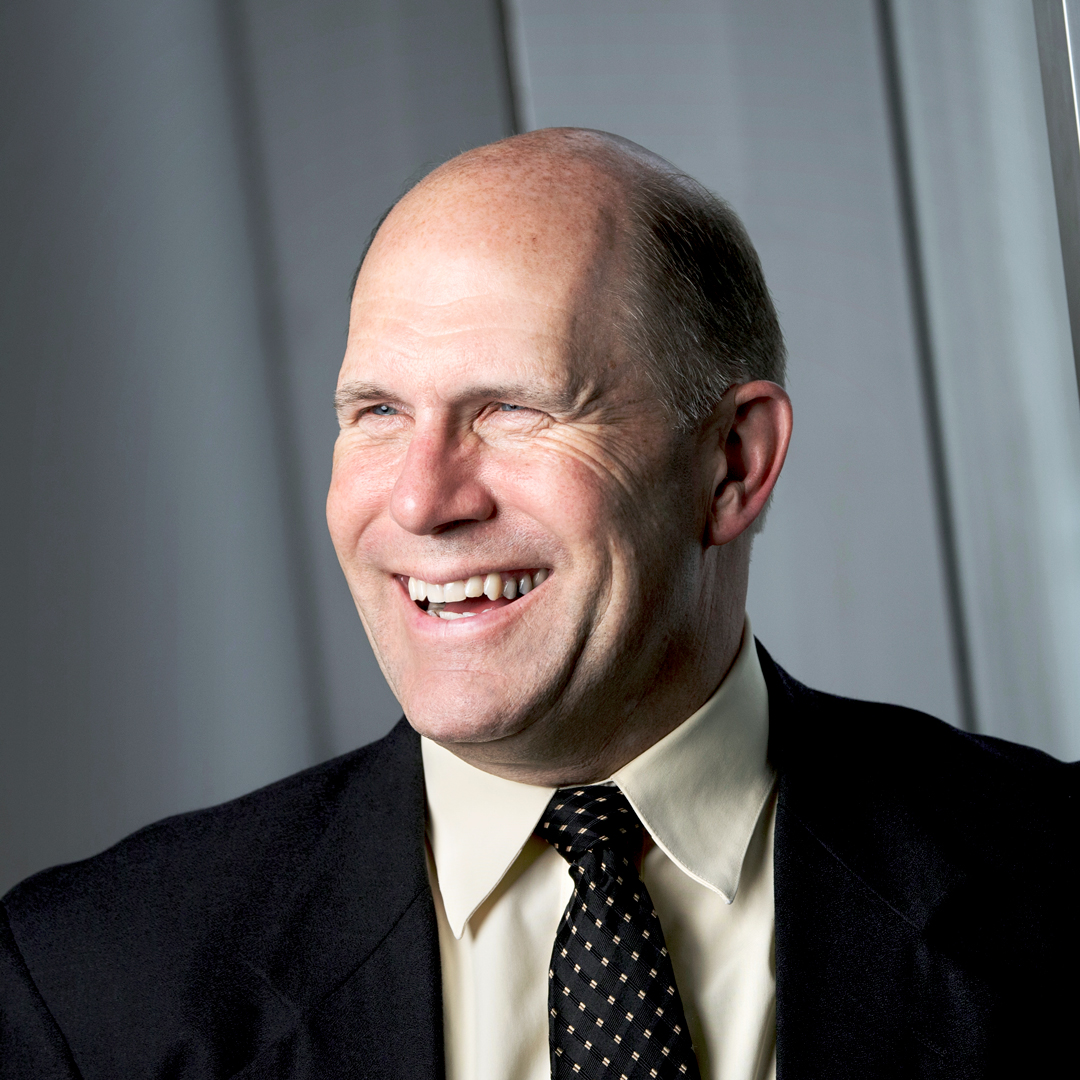With fewer rules and regulations than medicines, dietary supplements pose distinctive challenges. Mark Levine brings years of experience in the industry to Reckitt Benckiser’s health division, RB Health, where he’s ensuring the team operates within a gray zone ethically and successfully.
“Dietary supplements are regulated with foods within the FDA,” he says. “They operate somewhat on the honor system; you can put your product out there without preapprovals or registrations. This leaves room to be creative and also room to get into trouble—unlike with over-the-counter drugs, where you have strict rules and a list of monograph claims you can make for each active ingredient.”
It’s common for companies to take advantage, whether that means putting unapproved ingredients in supplements (think weight-loss products that contain methamphetamine) or making outrageous claims (“lose ten pounds in a week!”). Some recent examples of these bad players include companies producing supplements with CBD, which hasn’t yet been approved by the FDA, or making exaggerated claims related to COVID-19.

It’s Levine’s job to make sure Reckitt Benckiser’s supplements follow all the rules regarding ingredients and make only truthful and accurate claims. These products include Move Free for joint health; MegaRed, an omega-3 supplement; Airborne for immune support; Neuriva for brain health; and Digestive Advantage, a probiotic supplement.
In short, Levine keeps the company’s offerings in line with the Dietary Supplement Health and Education (DHSEA) Act, passed in 1994, which provides manufacturing and labeling guidelines for supplements. He also ensures the company’s products won’t create any issues with the FTC or cause a competitor suit.
“There’s a lot to think about, and it’s especially challenging telling people they can’t say things that competitors are saying for the exact same types of products,” he says.
This gray area is particularly attractive to plaintiff attorneys, and even if a supplement is completely compliant with DHSEA and other guidelines, it can still get hit with a consumer class action lawsuit disputing the product’s claims or ingredients. Dealing with these lawsuits is a fixture of Levine’s work. Many of these suits target any claims that a product is natural.
“In recent years, there has been an increase in class actions for foods claiming to be natural, and that has bled into similar claims for supplements,” Levine says. “The problem is that no regulatory body has come forth with a definition for what is natural, which leaves it up to interpretation.”
Levine’s strategy for minimizing class action suits and other risks is to have a strong, cross-functional team and to thoroughly train every new employee and outside agency on the dos and don’ts of supplement marketing. “You want to make sure everybody in the chain, from manufacturing and R&D to medical, regulatory, and legal, reviews all claims and labels before they get approved,” he says. “Legal is the last to review to make sure the class action risk is addressed.”
Levine, who has been in the supplements business in some capacity since 2007, is uniquely suited to this work. He first joined Reckitt Benckiser eight years ago, lending his legal expertise in marketing and advertising to all of the organization’s many brands, including Lysol, Mucinex, Durex, and Enfamil. When Reckitt Benckiser’s supplements division became its own end-to-end business unit in 2017, he became the unit’s general counsel.
“In the supplements world, the key to success is understanding the science and making sure advertising and marketing materials accurately reflect this science.”
In addition to his legal expertise, Levine has a strong science background that is essential to his role. He completed an undergraduate degree in biology before going on to earn his law degree with a specialty in patent work, and much of his legal career has involved some element of science. For instance, he spent some time at the National Advertising Division, reviewing ad claims for truth and accuracy. While there, he spearheaded an initiative with the Council for Responsible Nutrition to vastly increase the review of advertising for dietary supplements.
“In the supplements world, the key to success is understanding the science and making sure advertising and marketing materials accurately reflect this science,” he says. “My science background enables me to actively participate in scientific discussions with our medical group and discuss study designs and results.”
He continues, “At RB, there is a focus on building innovative and superior products backed by clinical support, so there is always extensive science to review and evaluate. Even the litigations are heavily scientific, because you have to be able to argue that your product works and why, while the plaintiff is hiring an expert to argue the opposite.”
Overall, Levine relishes the challenges posed by supplements, an industry he says is growing increasingly mainstream as people become more invested in their health. “It’s an interesting industry because you can be creative and work with marketers to operate within that gray zone and come up with claims that are powerful but won’t get you in trouble,” he says.
***
Manatt, Phelps & Phillips, LLP:
“Over the years, we’ve had the honor of working alongside Mark, and we have witnessed firsthand his unparalleled contributions to the industry and community. Through his deft stewardship, Reckitt Benckiser has helped countless people care for themselves and their loved ones. Thanks, Mark, for all you have done and continue to do!”
—Robert Platt, Partner


